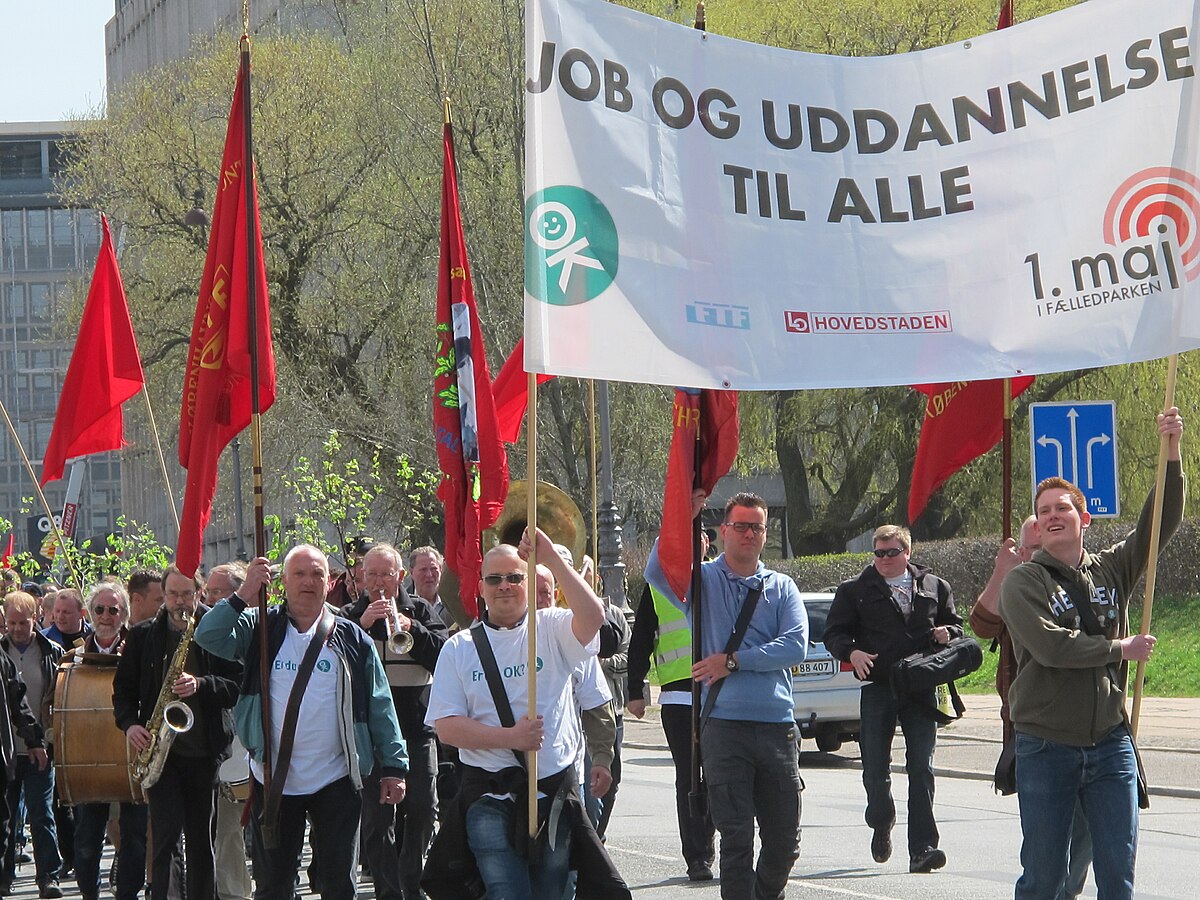A proposal by the European Commission to put national rail service out to tender and allow a single private operator to supply and operate up to one third of the train lines in EU member countries was called “excessive” by state rail operator DSB. The company said that depending on how the language is interpreted, the proposal could lead to S-train service in Copenhagen being divided into more than one contract.
“DSB sees great challenges in this proposal,” the company said in a press release.
The Transportation Ministry was also lukewarm about the proposal.
“The compulsory tendering rule seems to be more likely to help large rail companies than passengers,” wrote the ministry.
The main fear seems to be that a large foreign operator like the German company Deutsche Bahn will take over large parts of the rail system. Transportation researchers said that the current proposal could well become a case of history repeating itself. When the EU insisted that bus service go public in the early 1990s, DSB soon found itself on the outside.
"At first bus operations were primarily won by Swedish companies, then the UK,” Niels Melchior, a traffic researcher for Aalborg University, told Berlingske newspaper. “Right now, Arriva – owned by Deutsche Bahn – is the largest bus operator in Denmark."
Arriva currently operates trains in central and western Jutland, and company head Thomas Øster is hungry for more. Arriva has established the company Dansk Tog together with the Swedish concern SJ and the Dutch company Abellio with the stated purpose of operating more routes on Danish railways.
Dansk Tog has submitted a bid to operate service between Copenhagen and Esberg/Sønderborg that it says will save the state money. Øster makes no secret of the fact the he has his eye on more of DSB’s service.
“We would obviously be interested in bidding on commuter service in Denmark if S-train service is put out to tender,” Øster told Berlingske.
The EU made the new railway proposals to increase competition across the borders of EU member states and ensure better quality and lower prices. The proposal estimates that increased competition could result in cost savings of up to 30 percent, or nearly 30 billion euro, throughout the EU states.
The proposal is still in the hearing phase, where it is expected to be the subject of much debate.












